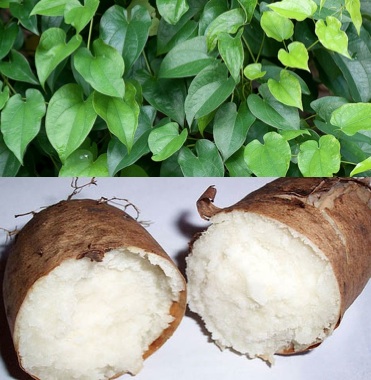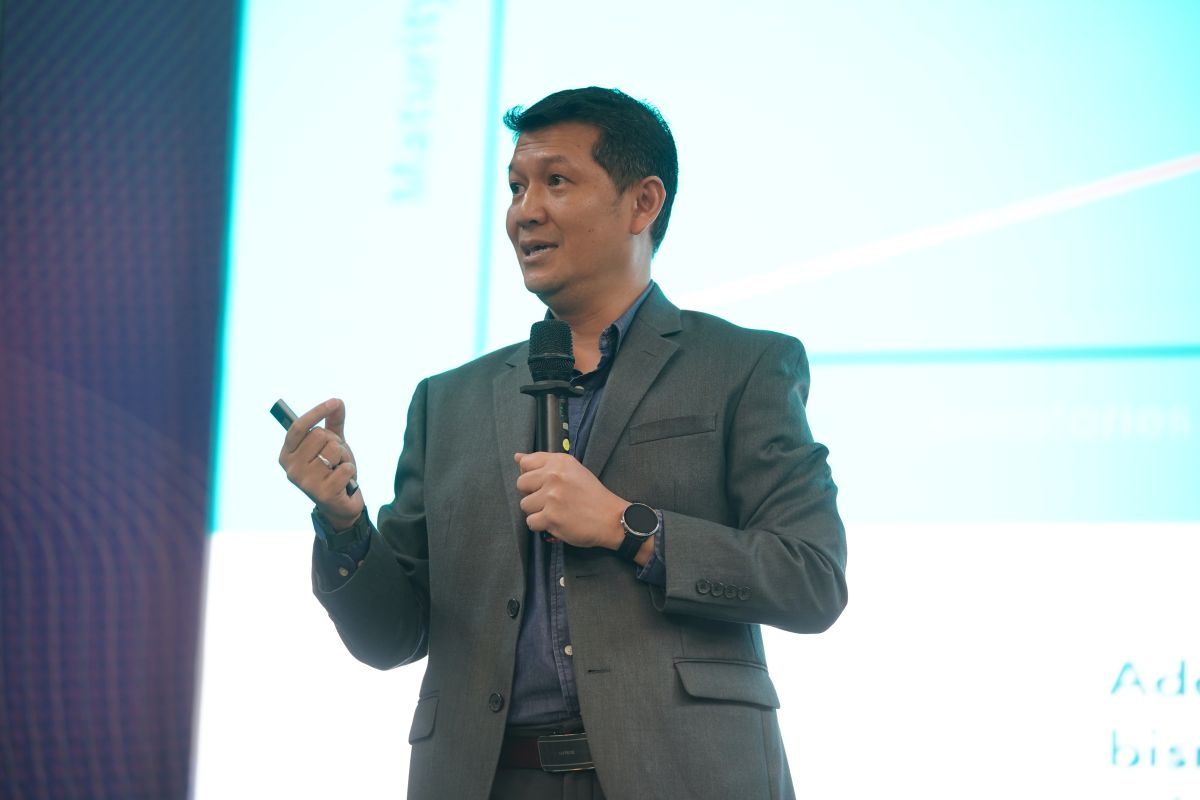Gembili-Based Plastic Won Tanoto Awards 2014
By Mega Liani Putri
Editor Mega Liani Putri

 BANDUNG, itb.ac.id - The winner of Tanoto Awards 2014 had been determined on Saturday (22/11/14). The awards was given to the research of biodegradable plastic made of gembili starch. Gembili is one kind of tuber that grows widely in Kebumen, Central Java. This research was conducted by three students from Material Engineering, they are Untung Ari Wibowo (Material Engineering 2010), Suyanti (Material Engineering 2010), and Irma Pratiwi (Material Engineering 2012).
BANDUNG, itb.ac.id - The winner of Tanoto Awards 2014 had been determined on Saturday (22/11/14). The awards was given to the research of biodegradable plastic made of gembili starch. Gembili is one kind of tuber that grows widely in Kebumen, Central Java. This research was conducted by three students from Material Engineering, they are Untung Ari Wibowo (Material Engineering 2010), Suyanti (Material Engineering 2010), and Irma Pratiwi (Material Engineering 2012).
The title of the research is Production of Environmental-Friendly Plastic from Gembili Starch (Dioscorea esculenta). Each team from every major admitted one proposal to be selected into the best thirteen best proposal. This best thirteen then to be conducted in about four months under the defrayal of Tanoto. At the end of the research, each team need to present the result for the final round on Saturday (22/11/14). The event organizer presented judges from ITB, BPPT, and Tanoto Foundation itself. The raw material (gembili) used for environmental-friendly plastic captivated the judges. Generally, it is cassava that is used as raw material for biodegradable plastic. However, in Indonesia, cassava is considered to be staple food so that the usage of cassava as another raw material for plastic is considered to be problematic. Therefore, another tuber is needed as replacement for cassava. From the research, it is proven that gembili starch-based biodegradable plastic can be degraded in 21 days, faster than that of cassava-based.
This research is conducted in Green Polymer Laboratory of Material Engineering. This Laboratory cover the needs for students to study organic polymer based material, such as cellulose or starch. In this laboratory, the degradation test of gembili-based biodegradable plastic is conducted using certain strain of microorganism.
Give Solution to The Environmental Problem with Biodegradable Plastic
Untung, as the leader of the team said that the research background is the willing to give solution to the environmental problem of plastic which now becomes the main solid pollutant. People is getting used to use non-degradable plastic. The production of biodegradable plastic is generally conducted nowadays using the tubers like cassavas, potatoes, and corn starch. However, all that main raw materials are considered to be staple food in Indonesia. If the staple food is used to be the raw materials, the production will cost hugely only for the materials caused by the competition of price with the staple good.
Untung (which originated from Kebumen, Central Java) knowing the existence of gembili in his motherland, was inspired to do the research which then fully being under defrayal of Tanoto Foundation.
"With the research cost being paid by Tanoto, we have more chances to put our ideas into a creation. And it is fruitful to become environmental-friendly material," Untung said.
In spite of the positive result of research, there still exist some major constraints in the usage of this environmental-friendly plastic. Untung has a notion that the producers are still unwilling because of the high operation cost of organic-based materials. The government of Indonesia itself has not shown any urgency and regulation that demand the stakeholders to use biodegradable plastic. That is why the awareness of people to use biodegradable materials need to be raised. Moreover, the basic polymer that is used for conventional plastic comes from oil, which becomes more scarce and higher in price.



.jpg)

.jpg)



